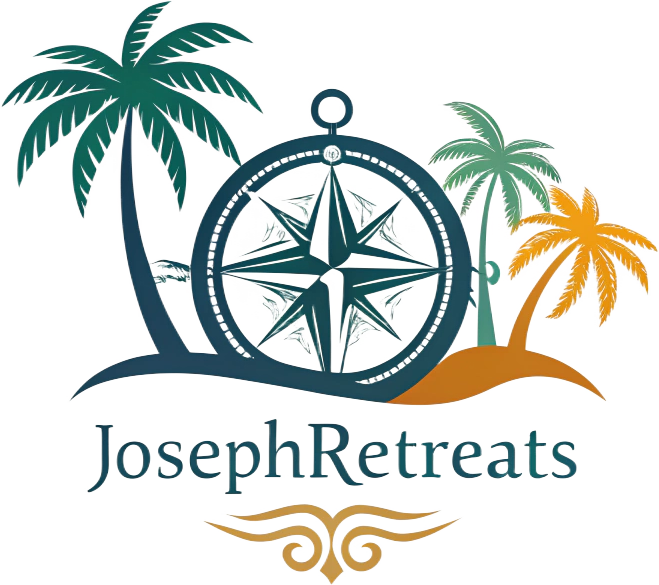Mastering the Art of Convention Planning: Your Guide to Unforgettable Events
In the realm of professional gatherings, convention planning stands as both an art and a science. Whether you’re organizing a large industry expo, a niche conference, or a small symposium, the process requires meticulous attention to detail, creativity, and an understanding of the audience’s needs. Let’s dive into the key elements that can elevate your convention from ordinary to extraordinary, ensuring it becomes an event attendees will talk about long after it’s over.
First and foremost, understanding your audience is crucial. Who are they? What are their interests? What do they hope to gain from attending your convention? Conducting thorough research, including surveys or focus groups, can provide invaluable insights. Tailoring the content and experiences to match their expectations will enhance engagement and satisfaction.
Once you have a clear picture of your audience, it’s time to select the right venue. The location sets the tone for your event and can significantly impact attendance. Consider accessibility, capacity, and available amenities. Venues that are centrally located and equipped with the latest technology often draw larger crowds. Don’t overlook unique venues, such as art galleries or historical buildings, which can provide a memorable backdrop and foster a creative atmosphere.
Budget is another critical aspect of convention planning. While it’s tempting to splurge on extravagant elements, staying within budget is essential for a successful event. Start by outlining all potential expenses, including venue rental, catering, technology rentals, marketing, and decor. A budget-friendly approach could involve seeking sponsorships or partnerships with local businesses. This not only alleviates financial pressure but also enhances community engagement.
With a budget in mind, think about your convention’s theme and branding. A cohesive theme can unify all aspects of your event, from the marketing materials to the decor and speaker presentations. This thematic consistency will create a more immersive experience for attendees. Moreover, effective branding elevates your event’s profile and can be a vital marketing tool.
Next comes the lineup of speakers and sessions. The caliber of your speakers can make or break a convention. Aim to secure industry leaders or innovative thinkers who can offer fresh perspectives and valuable insights. Don’t shy away from incorporating interactive elements like Q&A sessions or panel discussions. These formats not only encourage audience participation but also foster networking opportunities.
Technology plays a pivotal role in modern conventions. Consider incorporating event apps, live streaming, and virtual reality experiences to enhance attendee engagement. A mobile app can provide schedules, speaker bios, and networking opportunities at attendees’ fingertips. Additionally, embracing hybrid formats allows those who cannot attend in person to still participate, expanding your reach and inclusivity.
As the event day approaches, effective communication with your team is paramount. Regular meetings and clear delineation of roles ensure that everyone is on the same page and ready to handle any hiccups that may arise. Don’t forget to prepare a contingency plan for potential emergencies, such as technical difficulties or last-minute speaker cancellations.
On the day of the convention, your attention to detail will shine through. Ensure signage is clear, registration is smooth, and staff members are well-informed and approachable. Creating a welcoming atmosphere encourages networking and collaboration among attendees.
After the event, the work isn’t done. Collect feedback through surveys to understand what worked well and what could be improved for future conventions. This data is gold; it not only helps refine your planning skills but also enhances the overall attendee experience.
Finally, celebrate your success! Whether it was a hit or there were areas for improvement, acknowledge the hard work put in by your team and the contributions of speakers and sponsors. This reflection not only fosters growth but also prepares you for the next adventure in convention planning.
In conclusion, convention planning is a complex yet rewarding process that, when executed well, can create lasting connections and meaningful experiences. With a clear understanding of your audience, careful budgeting, innovative technology, and a passion for creating unforgettable moments, you’ll be well on your way to mastering the art of convention planning.

